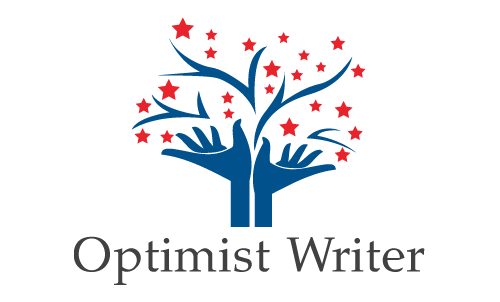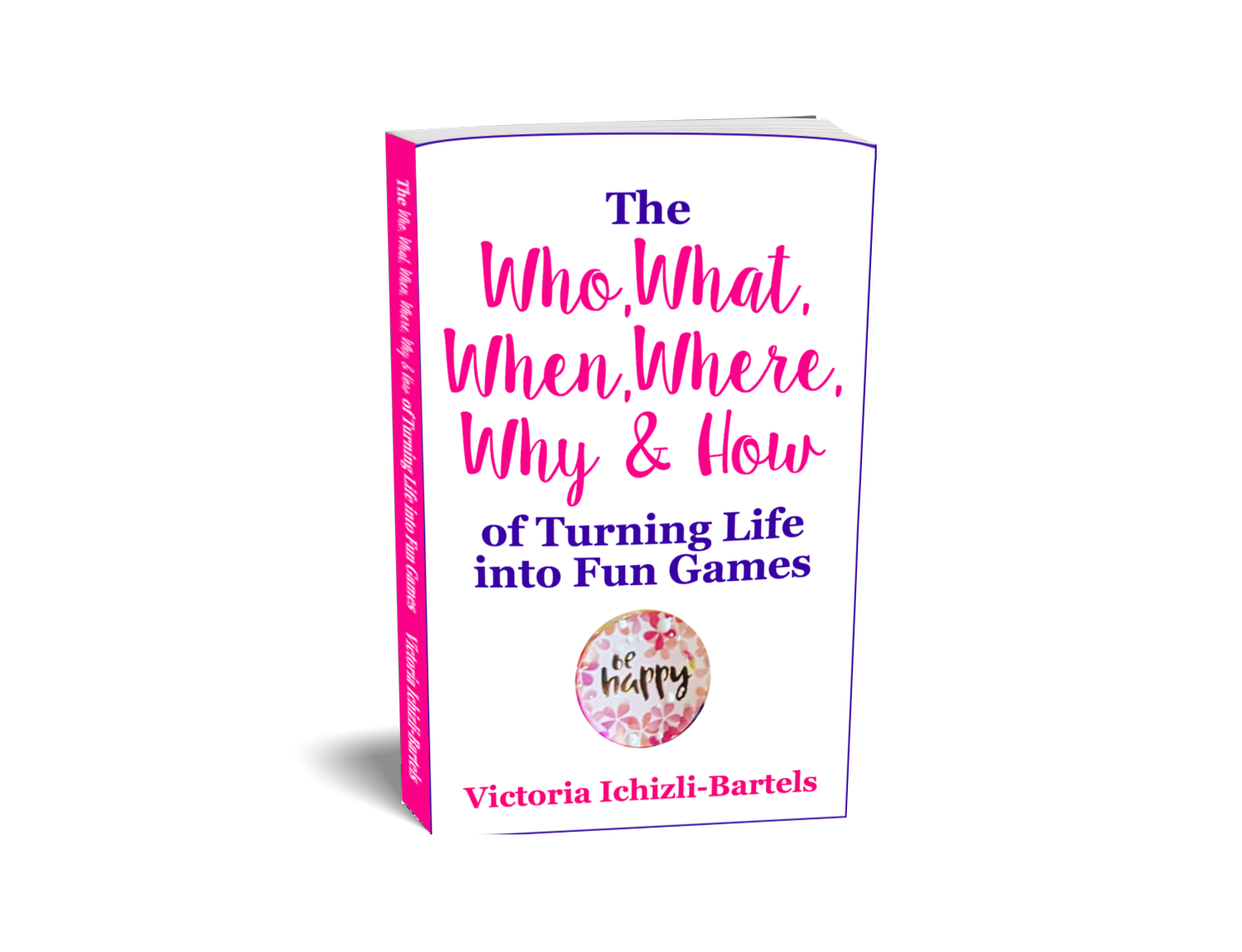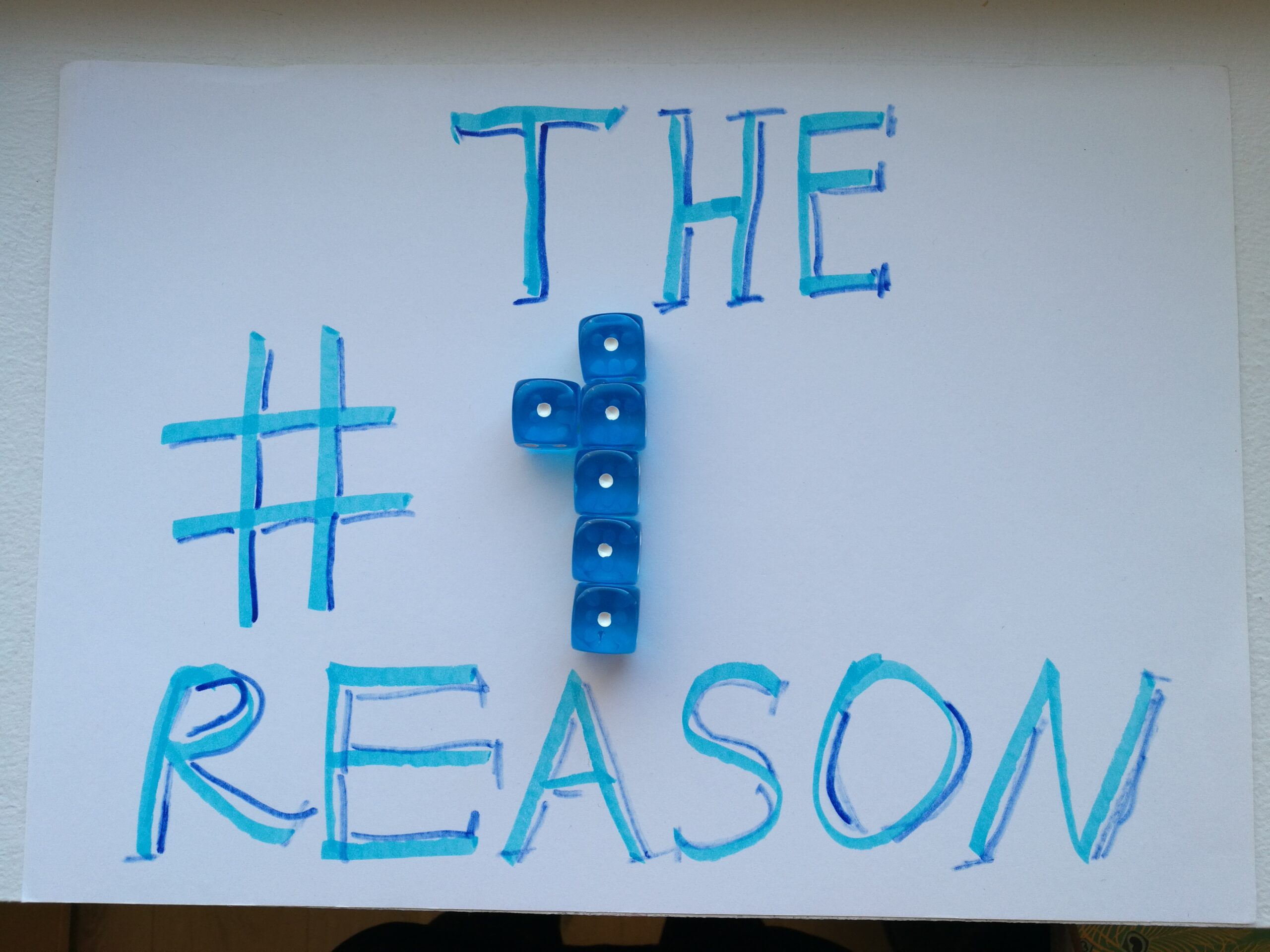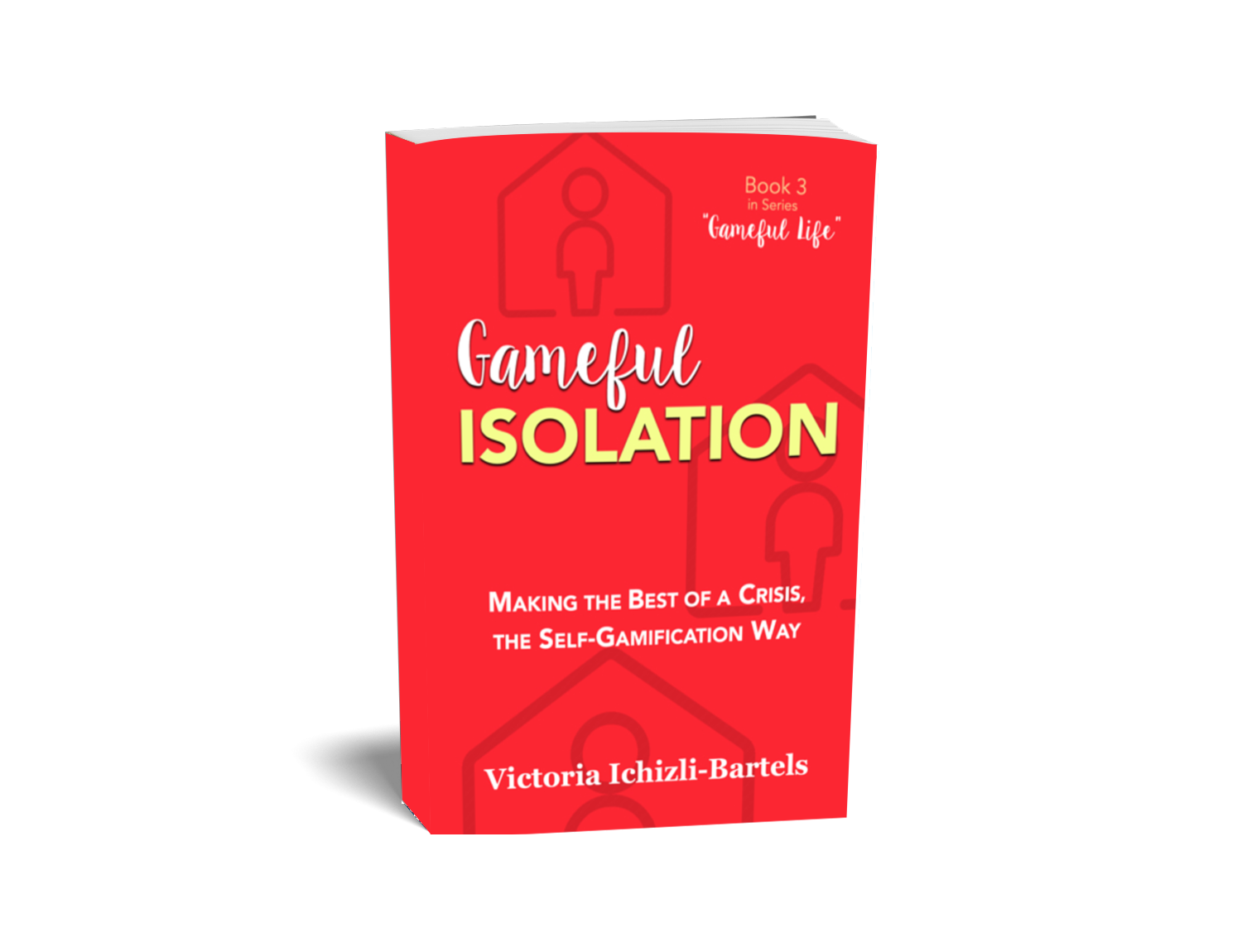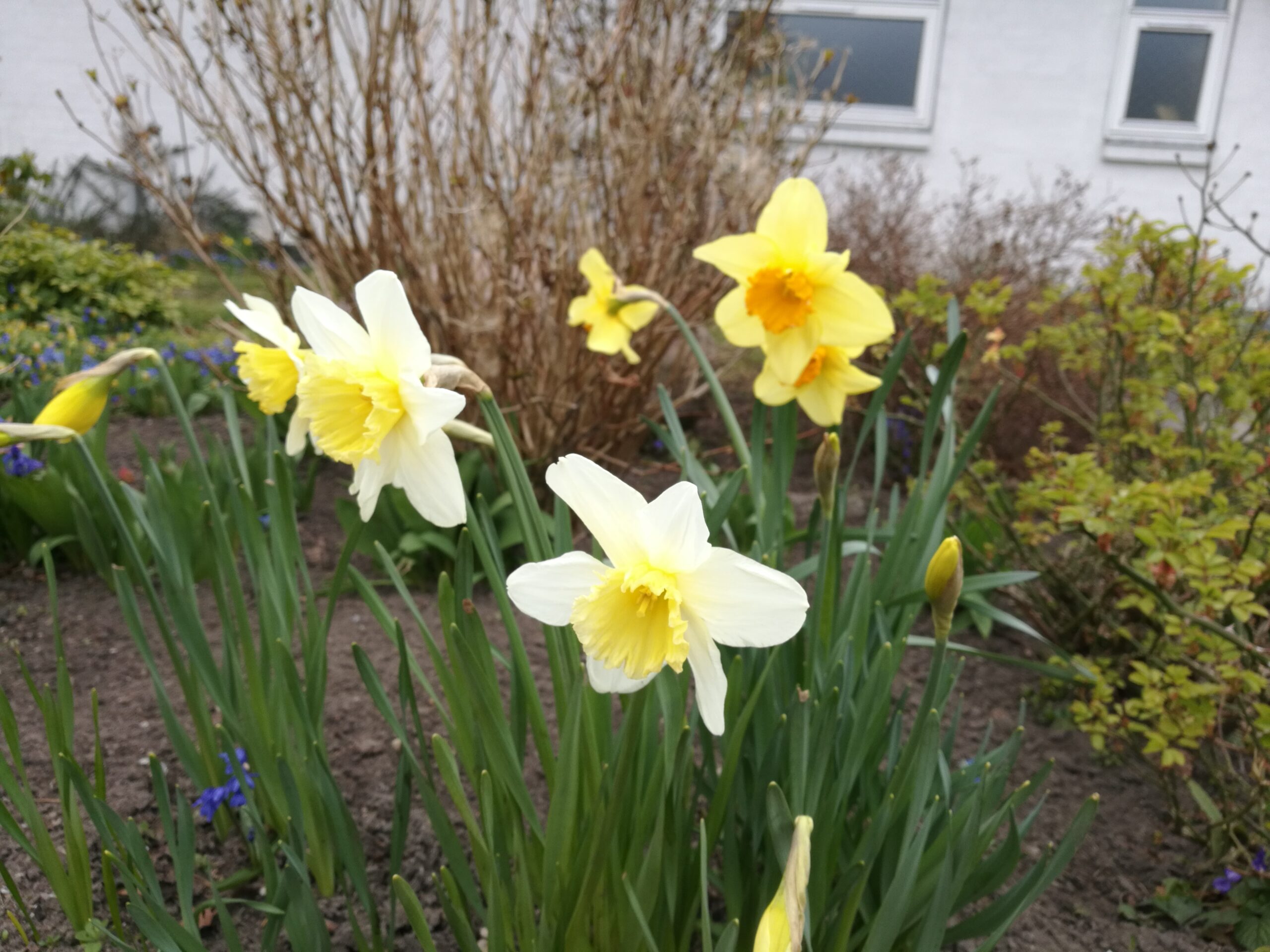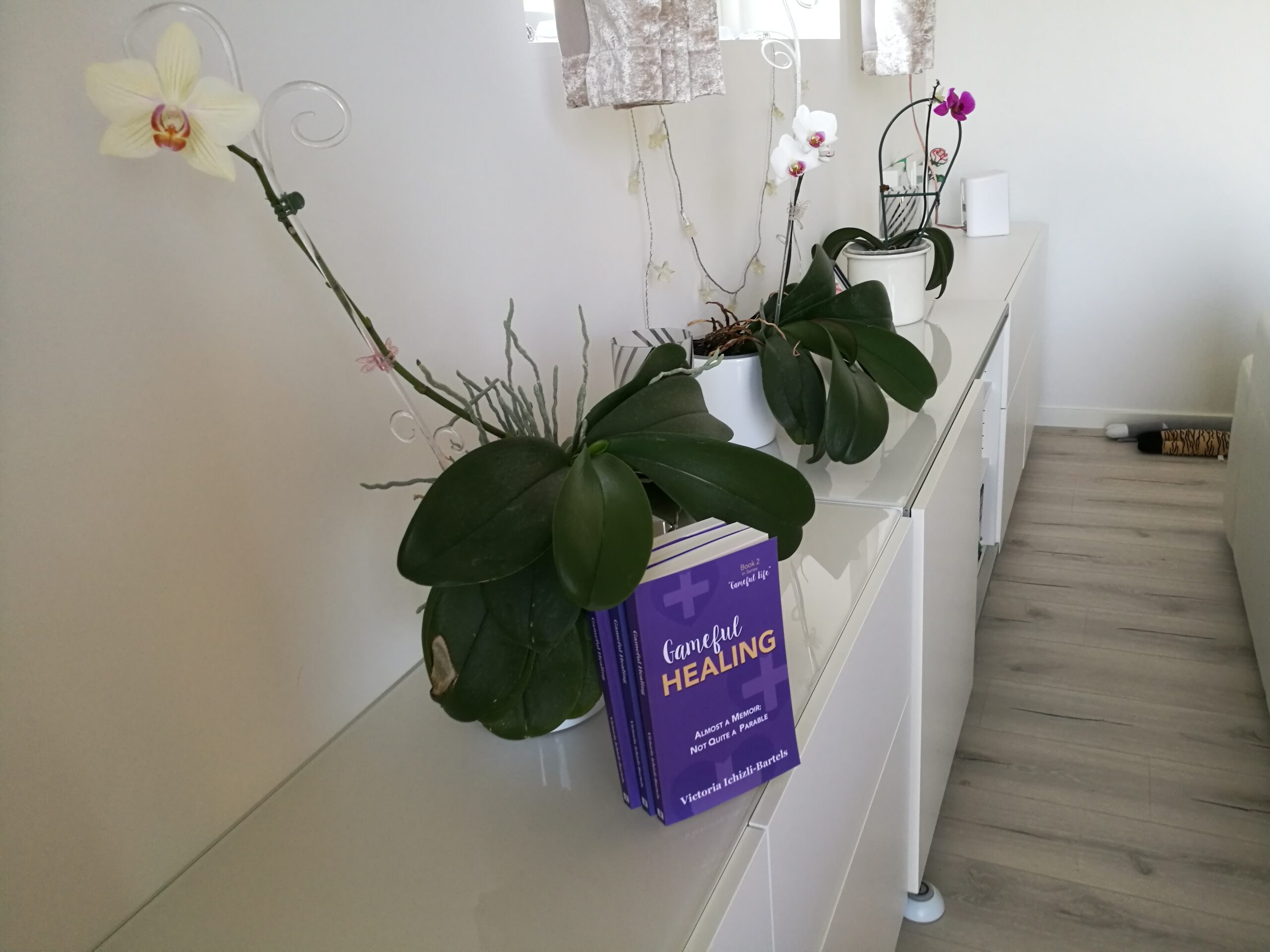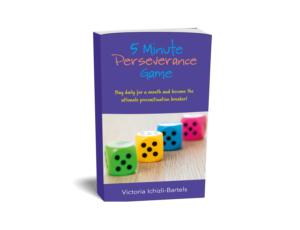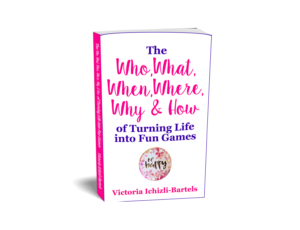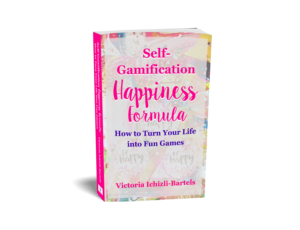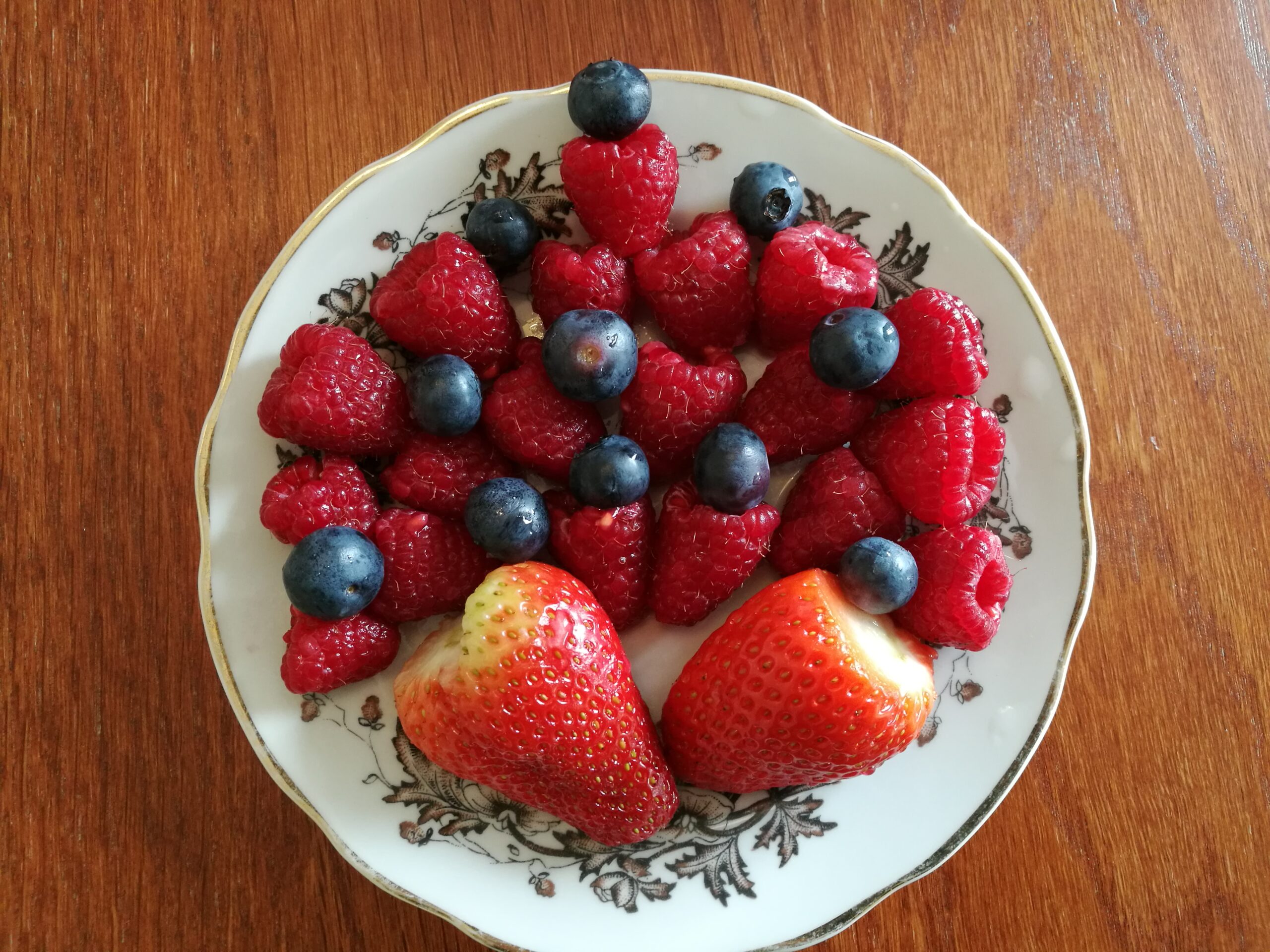
(An excerpt. Read the full article on Medium)
Self-Gamification is a lifestyle
The question is how to turn something or anything into games.
The answer is multi-faceted, and in a way, the “how?” embraces the answers to all the “W” questions: “who?”, “what?”, “when?”, “where?” and “why?”.
But the most important facet of how to turn our lives into games is that the gameful approach to life, Self-Gamification, just like those for our health, well-being, and happiness, is not a one-time pill to fix a problem once and for all, but a lifestyle. Because:
“Happiness is not a destination. It is a way of life.” — Anonymous
What is Self-Gamification?
So, what is this new approach to increasing self-motivation and bringing ourselves back on our happy path? And why the need for a new term?
First of all,
Self-Gamification is the art of turning our own lives into games.
Self-Gamification is not the same as gamification, although, as the name suggests, the former is based on the latter.
Gamification has become a buzzword, but many people, especially non-gamers but sometimes gamers as well, are still confused when they hear it. They recognize the “game” part, but not the word in its entirety.
One of the most common gamification definitions is
“the use of game design elements in non-game contexts.” — Deterding, S., Dixon, D., Khaled, R., & Nacke, L. (2011). From game design elements to gamefulness: defining gamification. In Proceedings of the 15th international academic MindTrek conference: Envisioning future media environments (pp. 9–15). ACM
Following on from this, therefore,
Self-Gamification is the application of game design elements to one’s own life.
You could also say that,
Self-Gamification is a self-help approach showing you how to be playful and gameful.
I felt the need to coin this new term for gamifying one’s life when I realized through self-observation that there is more at stake here than just learning from games and game design.
One of the gamification pioneers, Yu-kai Chou, pointed this out when he said that gamification is
“more than points, badges, and leaderboards.” — Yu-kai Chou, Actionable Gamification
The same applies to Self-Gamification.
Beyond this, there is an essential feature that distinguishes Self-Gamification from gamification as it is currently known. Here it is:
In Self-Gamification, you are both the designer AND the player of your self-motivational games.
So as a designer you take responsibility for how the game is developed. On the other hand, as a dedicated and highly interested player, you are responsible for playing the game, as well as giving the designer feedback on how it could be improved.
The design part is critical — which is taking responsibility for how fun and engaging your games are for yourself as a player. Without judging the player, you must create the best games for them, i.e. for yourself.
This is the primary difference between the Self-Gamification approach and the games and gamification frameworks designed by others. In Self-Gamification YOU, and no one else, have to develop your short (minutes or hours long), also daily, weekly, monthly, yearly, etc. games. You’ll do well playing other people’s games, but you will inevitably give your personal touch to each of the games when you play them, and it is your choice and responsibility for how you mix these games with those of your own design. Nobody else could do it for you even if you or they wanted to.
Now, let’s consider the three approaches Self-Gamification brings together to help you turn your life into fun games and have fun with everything or anything you are up to.
(Continue reading on Medium)
This was also an excerpt from my book The Who, What, When, Where, Why & How of Turning Life into Fun Games: A Compressed Version of the Self-Gamification Happiness Formula. I hope you enjoyed it, and it inspired you to turn something into fun, for you, games. I invite you to check out the other resources on Self-Gamification here: victoriaichizlibartels.com/self-gamification/.
